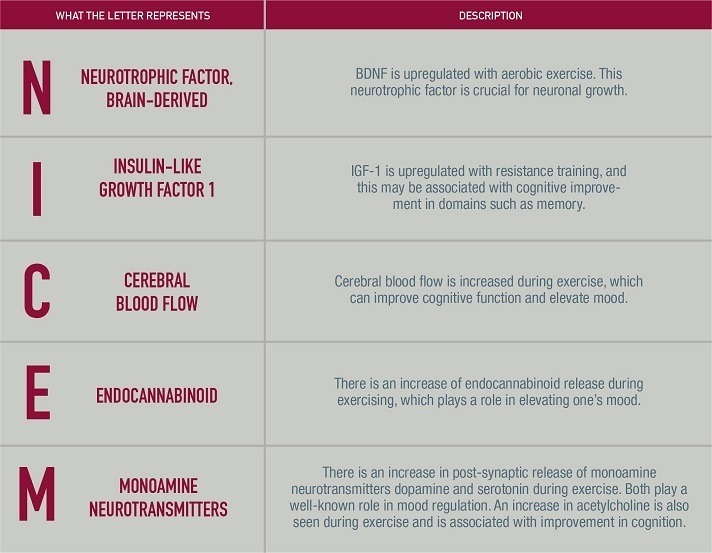Posts Tagged ‘Physical-activity’
Evidence review: Physical exercise helps boost attention, cognitive flexibility and inhibitory control in children and adolescents with ADHD
The impact of physical exercise on ADHD has been examined in a large number of studies. Collectively, these studies have examined whether exercise reduces on core ADHD symptoms, e.g., inattention and hyperactivity/impulsivity, and strengthens executive functions, e.g., inhibitory control, working memory, and mental health, e.g., emotional and social functioning. Overall, results across multiple studies suggest…
Read MoreOn physical activity, neuroplasticity, depression, screen time, neuromodulation and more
Welcome to a new edition of SharpBrains’ e‑newsletter, featuring this time eight scientific reports and industry resources plus a few fun brain teasers. #1. Study finds ultimate hack to protect teen brains from harmful screen time: Exercise (and good role-modeling): “Girls who spent less than an hour on screens and boys who spent less than…
Read MoreStudy finds ultimate hack to protect teen brains from harmful screen time: Exercise (and good role-modeling)
Recently, the Wall Street Journal ran an article about how Instagram was affecting teen mental health. In particular, some internal studies at Facebook (which owns Instagram) appeared to confirm that when teen girls used the site, they suffered poorer body image and were at increased risk for depression and eating disorders. But is social media…
Read MoreStudies find growing evidence linking weight, physical activity, neuroplasticity and depression
Being overweight can cause depression — and exercise is an antidote, dual studies confirm (Runner’s World): A large-scale study from the University of Exeter has found ‘robust evidence’ that being overweight hikes up your risk of developing depression – but as fresh evidence confirms, logging your morning miles is one of the most effective ways to…
Read MorePromote brain plasticity and keep your mind at ease by taking your daily “exercise pill”
As with many other physicians, recommending physical activity to patients was just a doctor chore for me – until a few years ago. That was because I myself was not very active. Over the years, as I picked up boxing and became more active, I got firsthand experience of positive impacts on my mind. I…
Read MoreDebate: How should doctors prescribe exercise to ensure compliance and engagement?
How to Effectively Prescribe Exercise (Psychiatric Times): Exercise can be a useful tool in managing symptoms of anxiety and depression. Learn how you can integrate exercise prescriptions into your treatment plans.
Read More




